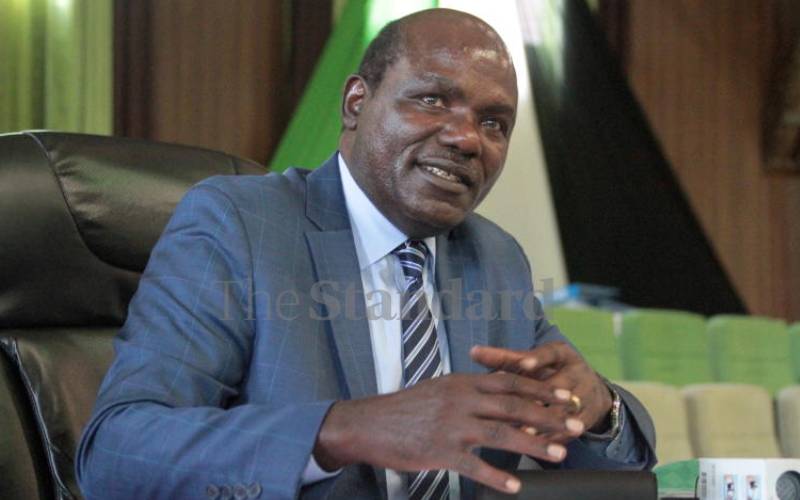×
The Standard e-Paper
Stay Informed, Even Offline

Buck passing between the Independent Electoral and Boundaries Commission (IEBC) and the Communication Authority of Kenya (CA) over network coverage in some polling stations is not reassuring.
With 52 days to the general election, there are revelations that at least 1,200 polling stations do not have 3G and 4G network coverage required for electronic transmission of results.